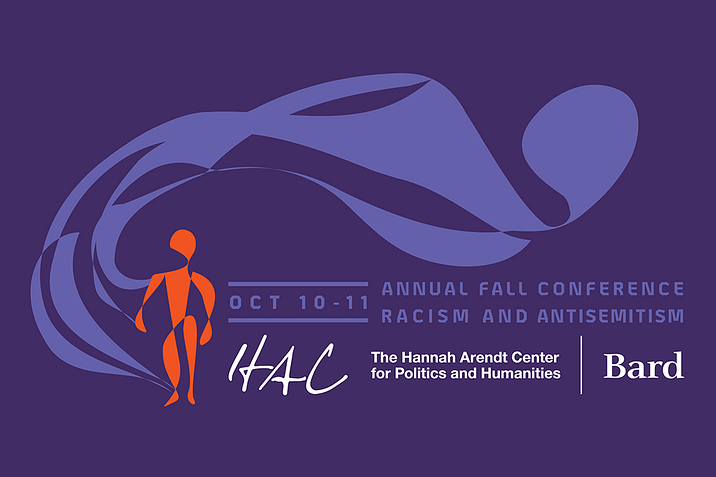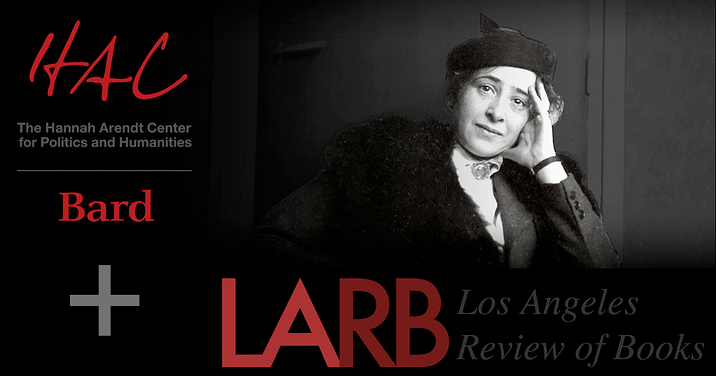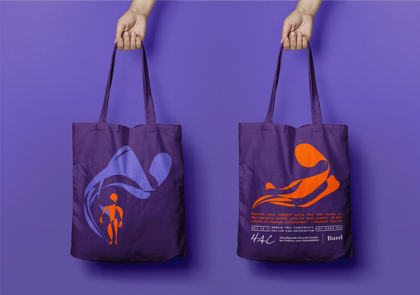A Letter from Roger Berkowitz
07-19-2019Dear Renewing and Prospective Members,
I just returned from teaching Hannah Arendt’s The Life of the Mind at the Collegium Phaenomenologicum in Italy. The inspiration for her book is simple: after witnessing the trial of Adolf Eichmann, Arendt was confronted by the fact of what she called his thoughtlessness. She was struck by the fact that Eichmann spoke in clichés and believed that in fulfilling his bureaucratic responsibilities he had done nothing wrong. Arendt formed the hypothesis that it was the widespread experience of thoughtlessness — the propensity to simply accept the wisdom of the crowd and to be swept up by movements — that made evil possible in the modern world. She wondered, therefore, whether the activity of thinking — the experience of holding oneself apart from movements, of withdrawing from the world, and stopping to ask oneself how things might look from a plurality of perspectives — might actually condition us against doing of evil.
I returned to the United States on the day President Trump called upon four democratically-elected United States Congresswomen to go back to the countries they came from. That three of the four were born in the United States matters not one bit to the President or his raving supporters. The one born abroad is Ilhan Omar, who was born is Somalia, but came to the United States as a child and has been a citizen since 2000. Omar is one of 40 million American citizens who are first generation immigrants. And yet, after the President went on a tirade about Omar at a rally in North Carolina this week, the crowd broke into a spontaneous chant of “send her back.”
At the root of the President’s attack and the chants of the crowd in North Carolina is the dangerous idea that citizenship is revocable and that certain people, because of their ethnicity, race, religion, or politics, are less worthy of citizenship than others. Hannah Arendt understood that the first step toward totalitarian rule is the attack on citizenship and the effort to denationalize groups of people. This is happening this week in India where nearly four million mostly poor and illiterate Muslims just had their citizenship revoked and are being expelled from the country. Such a mass denaturalization has not happened in the United States. That is an important fact. But one cannot deny that President is mobilizing a profoundly dangerous rhetoric that racializes citizenship and makes citizenship precarious.
There are times when we need to think and times when we need to act. And there are moments when both are required. In 1933 Arendt risked her life to work for the Zionists opposing the Nazis, was arrested, and fled the country. She remained a stateless refugee for 18 years. In Paris she worked to help relocate Jewish children to Palestine. In the 1950s she leant her name to the anti-McCarthyism resistance. Arendt believed strongly in the power of thinking. But she also knew there were times to act courageously in public. This Fall, the Hannah Arendt Center is organizing two conferences on questions of existential importance.
On September 19–20 we will host the first major interdisciplinary symposium that looks at the profound threat to humanity and our world posed by the destruction of the human microbiome. There are as many micro-organisms in the human body as there are cells. For decades, these bacteria were seen to be dangerous, and we have attacked them with antibiotics. Now, scientists understand they are actually essential elements of the human ecosystem and are critical to the healthy function of the immune system. The loss of the microbiome threatens the future of human health. In our Symposium “Reimagining Human Health: The Microbiome, Farming, and Human Health,” we bring together an international group of doctors, scientists, farmers, and thinkers to think through how to respond to threats to the microbiome.
Just a few weeks later, the Arendt Center’s Annual Conference will address “Racism and Antisemitism.” For Hannah Arendt, “Racism may indeed carry out the doom of the Western world, and, for that matter, of the whole of human civilization.” In the 1940s she focused on antisemitism as a form of ideological racism. Once she became a United States citizen Arendt wrote often and passionately, and also controversially, about anti-black racism in the United States. At the core of her thinking about racism is her distinction between racial prejudices that are opinions and racist ideologies that justify oppression. At our conference, speakers from across the political spectrum will come together to discuss racism and antisemitism today. Join us October 10–11.
Hannah Arendt’s bold, provocative, and fearless thinking about the world is a model for how we can think about the problems we face today. At the Hannah Arendt Center, we seek to nurture the kind of worldly humanities-based thinking about ethics and politics that Arendt so fully embodied.
Today the Arendt Center is launching its annual summer Membership Drive! Become A Member of The Hannah Arendt Center Community to support our ongoing work. This year, we have incredible incentives to join:
- Free Admission for you and a friend to “Race and Anitsemitism”, our 12th annual Fall Conference. ($175 value)

- Access to participate in the Arendt Center Virtual Reading Group.
- A one-year subscription to Salmagundi.
- All Members will receive a 20% discount for one course at the Brooklyn Institute for Social Research.
- All who join or renew during the drive will be entered into a drawing to win a signed copy of The Three Escapes of Hannah Arendt by Ken Krimstein.
- A Joint Membership with Los Angeles Review of Books and the Hannah Arendt Center at a special $175 Membership Level. You’ll receive a Digital Quarterly Journal Subscription to LARB as well as a Hannah Arendt LARB limited edition tote bag, in addition to a $100 level Hannah Arendt Center Membership ($300 value).

*Members at the $1,000 level and above receive special invitations to Hannah Arendt Center lectures and events at Bard College and in New York City. We are planning an exclusive event this fall with HAC/NEH Fellow Kenyon Adams, on Race & Food at Egg in Brooklyn. Stay tuned for more details!
- All Members at the $100 Level and above will receive HA: The Journal of the Hannah Arendt Center Vol. VII and our 2019 Hannah Arendt Center Tote Bag.

*All new $100 level members will be entered into a Tote Bag Package Drawing, which includes HA: The Journal, Volumes 2–7, a copy of Roger Berkowitz and Ian Storey’s Artifacts of Thinking: Reading Hannah Arendt’s Denktagebuch, and our newly designed tote bag.
Become a member or renew your membership today.
Our memberships expire after one year. If you’re unsure, please contact the Center at [email protected]. If you haven’t yet joined, we ask you to become part of our community.
Remember, all Hannah Arendt Center members receive complimentary access for themselves and one guest to our annual fall conference. This year, our 12th conference is titled Racism and Antisemitism, and will ask how we define these terms, how they relate to each other, and how we can respond to racist and antisemitic fantasies. Our guest speakers include:
- Kenyon Victor Adams
- Ibram Kendi
- Etienne Balibar
- John McWhorter
- Aliza Becker
- Batya Ungar Sargon
- Kathryn Sophia Belle
- Eric Ward
- Thomas Chatterton Williams
- Lewis Gordon
- Ruth Wisse
- Eric Kaufmann
- Emilio Rojas
- Peter Baehr
We hope you will join us!
Learn more about the conference and how to register here:
Bold thinking about politics in the humanist style of Hannah Arendt is profoundly necessary in our increasingly thoughtless era. The Hannah Arendt Center exists to nurture provocative thinking about politics and ethics. We are grateful for your confidence in us and your engagement in our work to build a community around the thinking of Hannah Arendt.
We thank you in advance and look forward to seeing you at our future events.
Roger Berkowitz
Join Now
